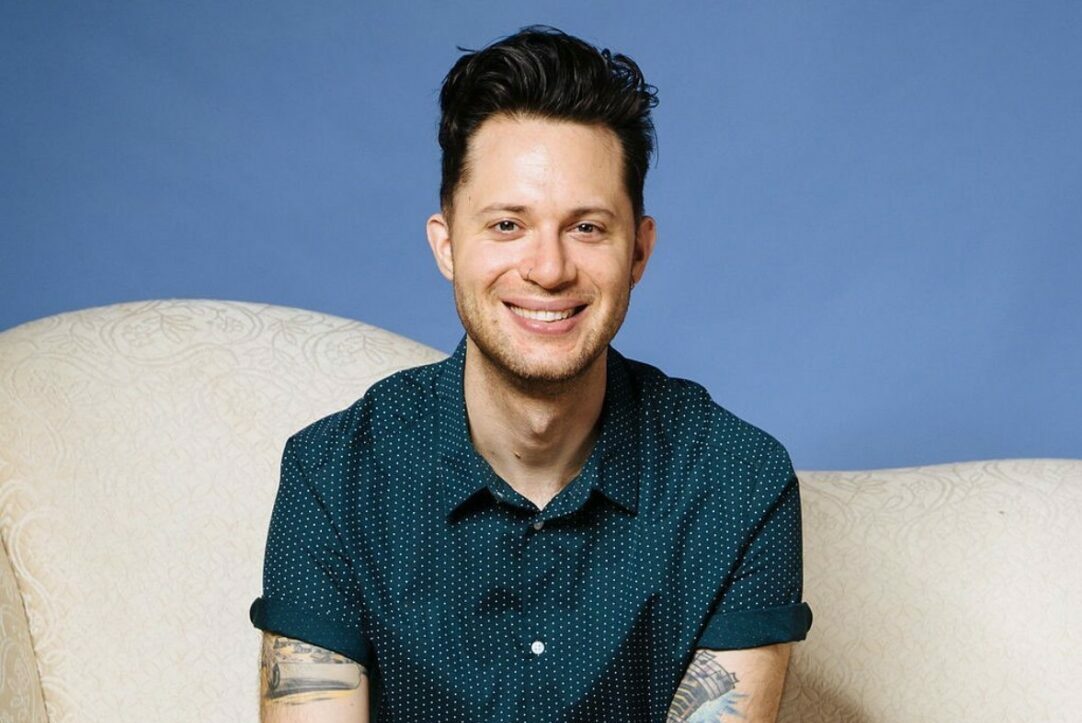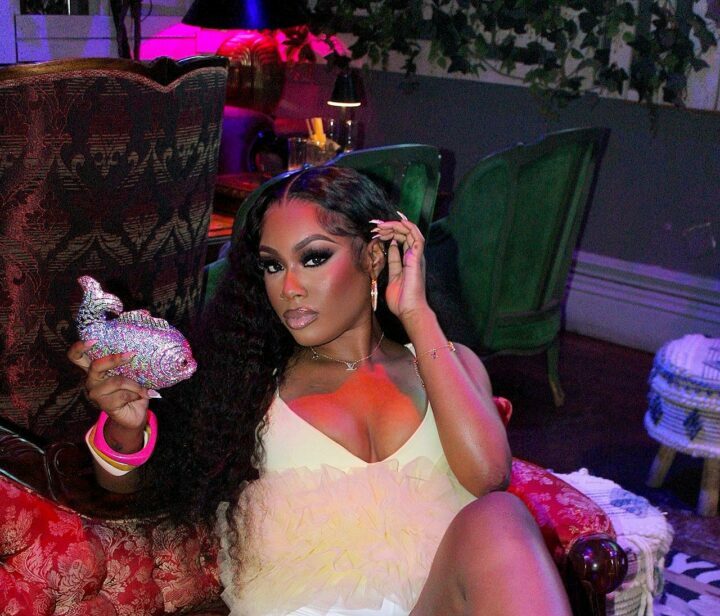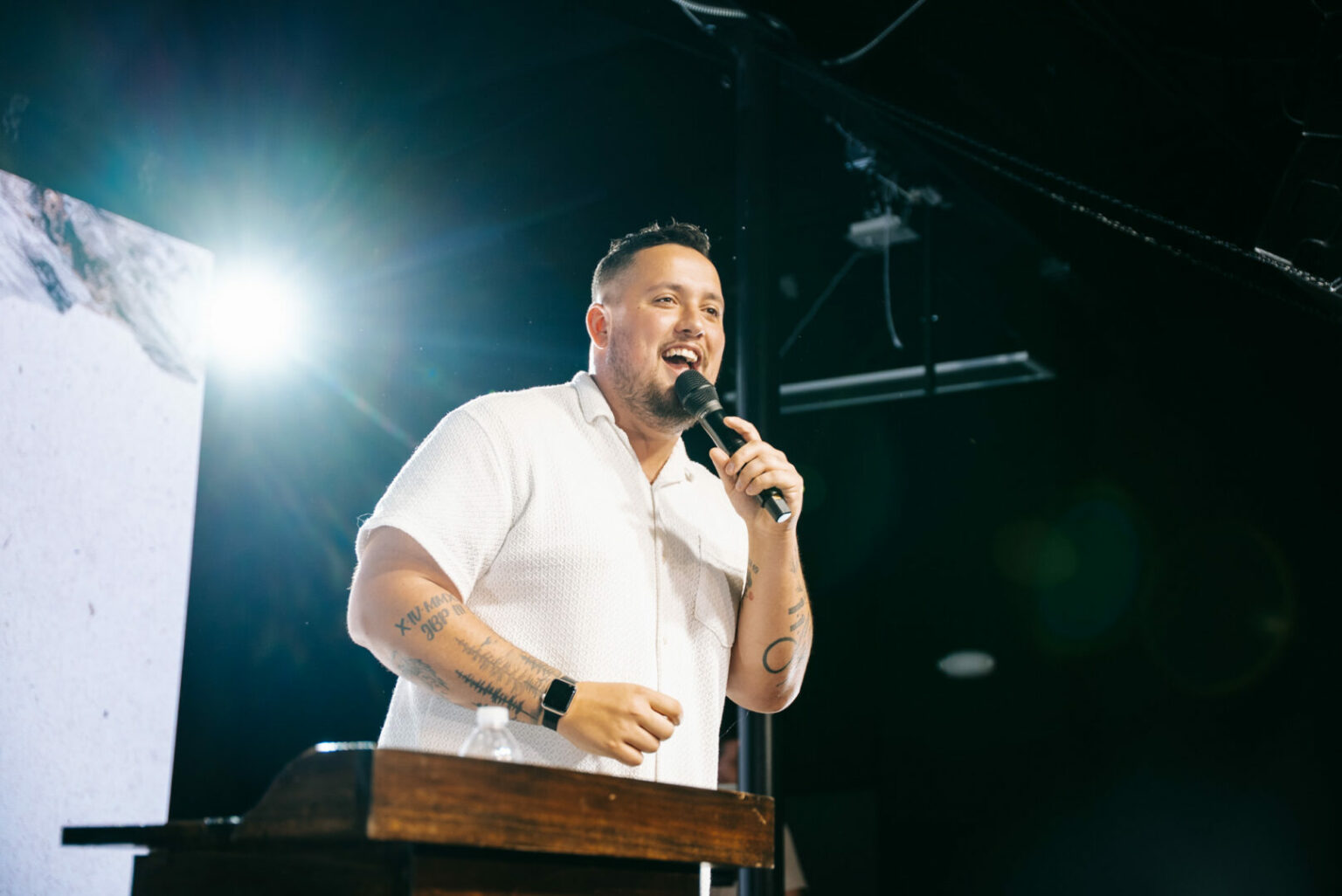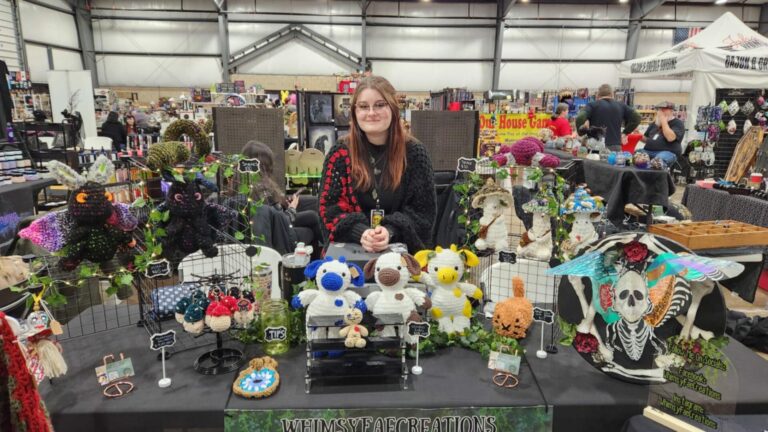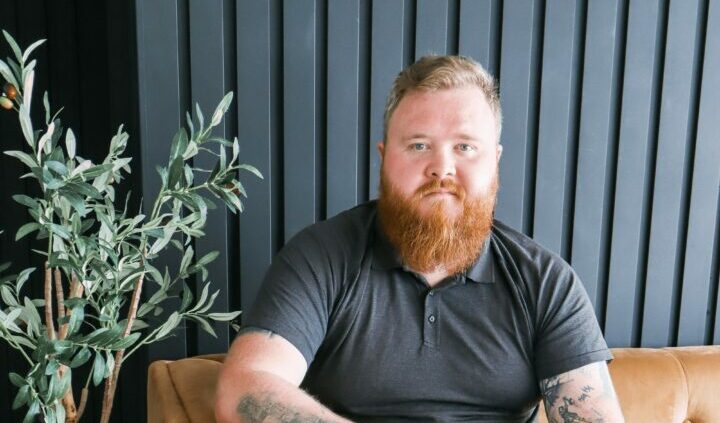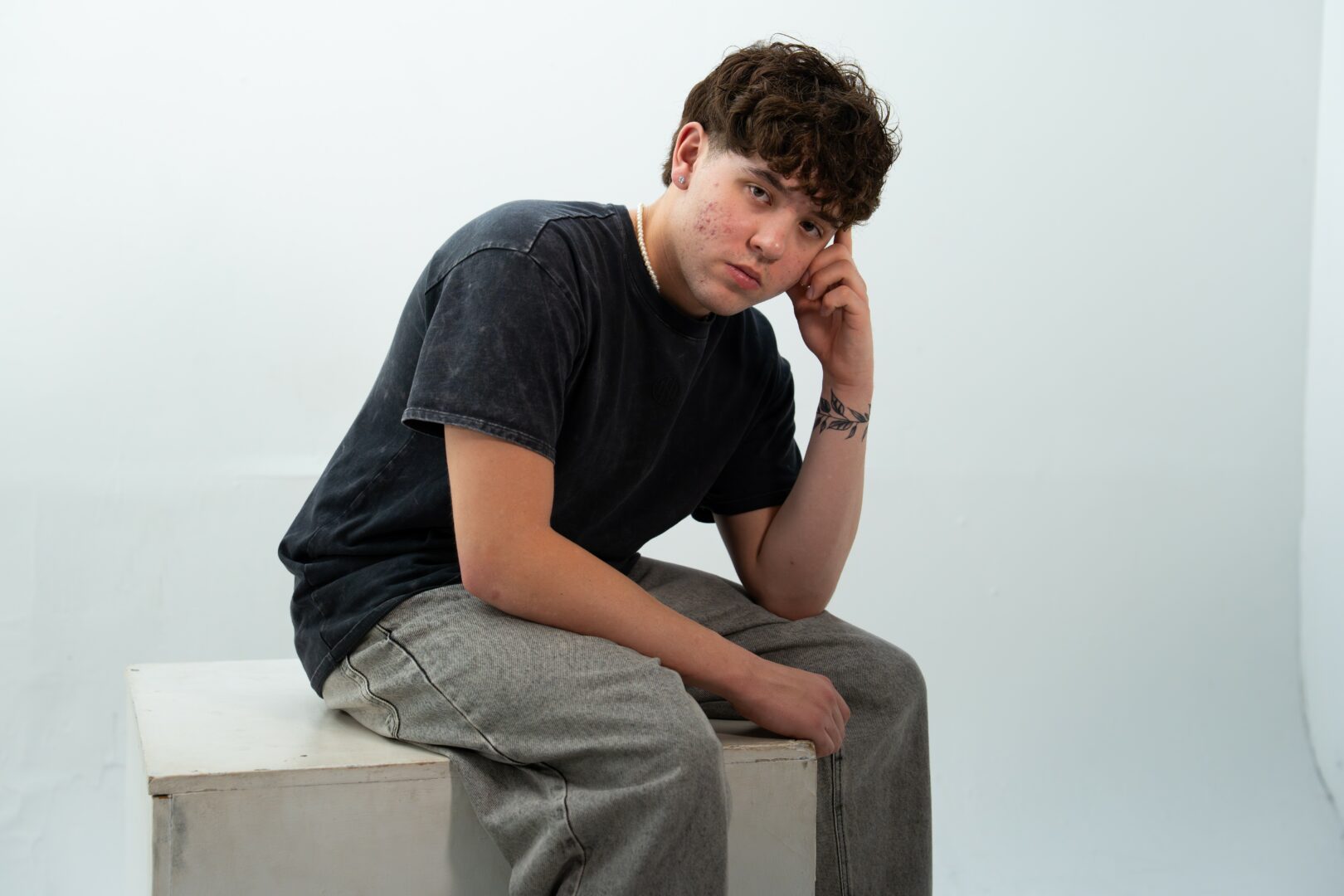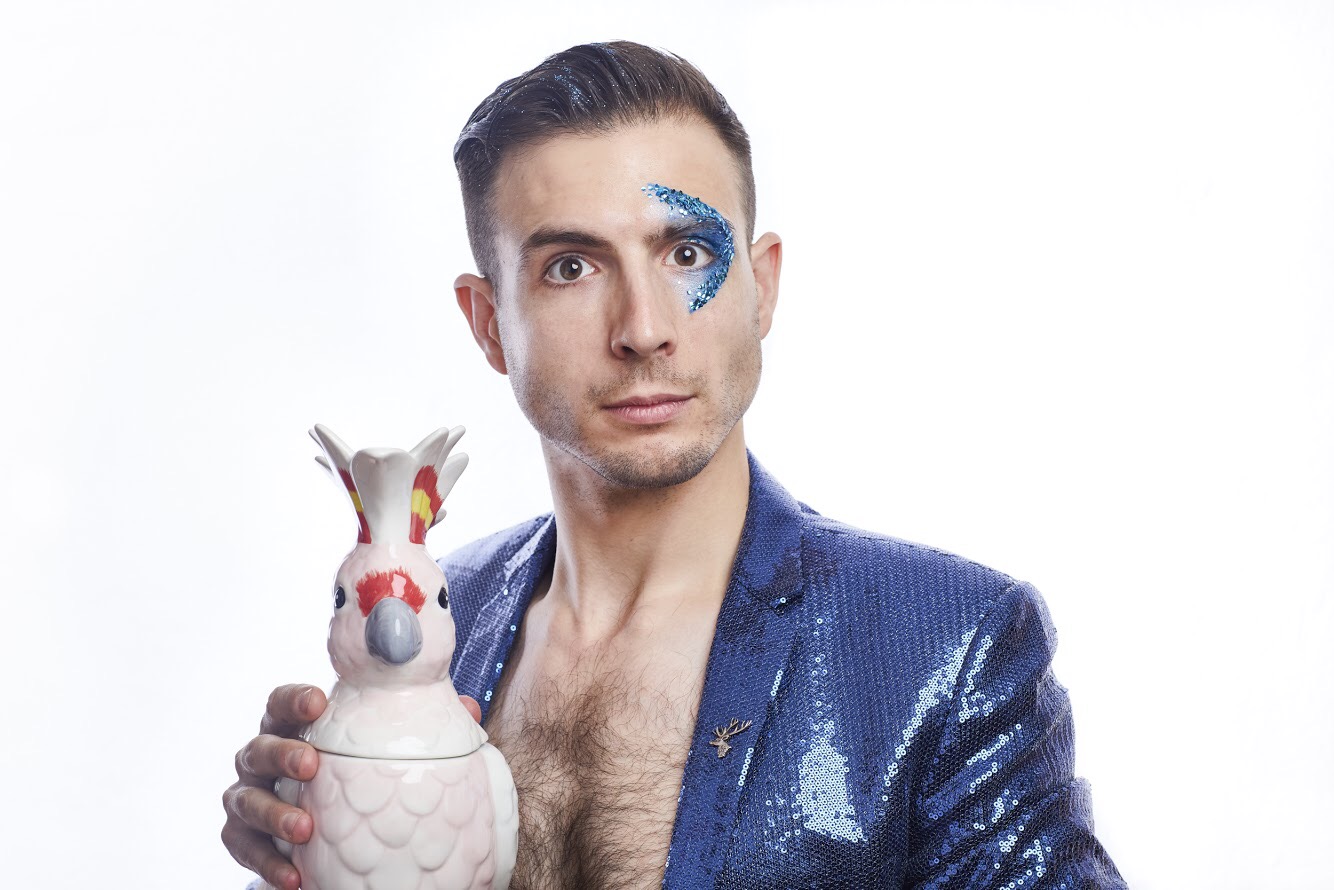As the prevalence of mental health issues increases and affects an ever larger number of our friends and family, it becomes essential that we create spaces for folks to talk about how they overcame or persisted despite mental health challenges. Here, we’ve tried to create a safe space for people to come together and discuss their stories, experiences, triumphs and failures with managing their mental health issues.
Christina Haystead

Coping with mental health issues is an area which, in my opinion, is not discussed adequately within the creative community. It’s either placed front and center in the conversation to the point where it overshadows any other facets of the individual in question, or it is disregarded almost to the point of being taboo as if the artist’s creative output is entirely removed from their interior struggles. I my case, mental illness and it’s effects are complex and ever present. What was initially diagnosed as bipolar disorder was later discovered to be PTSD and major depressive disorder stemming from years of verbal, psychological, and sexual abuse, much of which had been repressed for decades. That, coupled with dyslexia diagnosed in my teens but never actually addressed and three TBIs, have made for an interesting psychological cocktail. I simply cannot comprehend what it means to exist without debilitating mental trauma. Read more>>
Rave McCarthy

As I looked at the choice of questions that were offered for this interview, I struggled a bit to pick one because in reality; almost all of the questions play a part in one another. I believe my work ethic, my resilience, my generosity, my confidence and my self esteem are and were all connected with my mental health and are where they are because of the struggles I have had in my past. So how did I persevere through my mental health to pursue my photography dream I am chasing after today? At the age of 18 years old I had just graduated high school and lost my mother, and we were extremely close. Before I had lost her I had found out she had bipolar depressive disorder and that she struggled. I tried to get tested when I was younger but the doctor at the time didn’t diagnose me. After she had passed, I fell into a deep depression and for years I had lacked the confidence and self esteem to chase after my dreams. However, I did fulfill one for myself and for my mother by traveling to Europe, and it was then that I finally felt a bit alive since she had passed. Read more>>
Greatness Brown

“Losing my brother Richie to sleep apnea was a devastating blow, but it has also been a powerful motivation for me to prioritize my own mental health and well-being. After his passing, I realized that I needed to take care of myself and seek help when I needed it. I’ve overcome and persisted despite the challenges related to mental health issues by: – Seeking professional help and therapy to work through my grief and anxiety
– Building a support network of loved ones, friends, and a support group to talk through my emotions and experiences – Practicing self-care activities like exercise, meditation, and hobbies to manage stress and improve my mood – Learning healthy coping skills and techniques to deal with difficult emotions and situations – Raising awareness about sleep apnea and mental health to help others who may be struggling Remembering my brother Richie and his struggles with sleep apnea motivates me to keep moving forward and to prioritize my own mental health every day.” Read more>>
Shelby Anger

While I was in college I developed an autoimmune disease that exasperated my mental health challenges of anxiety, PTSD, panic disorder, depression, and OCD. It was an incredibly challenging time and I went through a period of huge struggle for almost nine years. I struggled to go out in public, I struggled getting out of bed, and I struggled to have any hope or passion for my future.
Over that time I tried therapy, various medications, EMDR, and even had a stint of needing to be hospitalized after months of 2-3 hours of sleep a night. Somehow through all of the pain and struggles, I kept trying. I graduated from Northern Arizona University with a degree in Elementary Education and was a teacher for two years. While this career wasn’t the right fit as I struggled with mental and physical health issues I fell in love with the students that I taught and I was able to give them a solid and well rounded education as well as the knowledge that they were cared for in this world. Read more>>
Michelle Moseley

This question feels like it was meant for me, as someone who has both personal experience in navigating mental health issues and as a licensed mental health counselor in private practice. Mental health is a part of the picture for all of us, and some folks need a bit more support in order to face the challenges that may come along with trying to maintain mental wellness. I have dealt with anxiety and bouts of depression since adolescence, and was late-identified within the past 2 years as being neurodivergent. Therapy has been an important part of acknowledging and understanding the impact of my mental health challenges. Working with a licensed therapist who was a good fit for me allowed me to explore how my mental health was impacting my daily life, and gain skills to help make it easier to navigate the associated challenges. At times, medication has also been a part of the picture for me as well. Acceptance and knowlege have been two of the biggest factors, for me, in persisting despite mental health challenges. Accepting that anxiety is a part of who I am, that it serves me well at times, and that it tends to cause issues when it’s allowed to “drive the bus’ helps me maintain perspective. Sometimes I just have to remind myself, “This is the anxiety talking. It’s trying to help you and keep you safe. It doesn’t run the show.” Additionally, for me, the more I understand about something, the less overwhelming it feels. I understand that my periods of depression don’t last forever – they will pass. That helps me persist in the periods of time when the depression is strong. Read more>>
Jen Haddix

I was raised in an incredibly challenging environment, and mental illness runs in my family. I myself have been diagnosed with bipolar disorder, and I have a sneaking suspicion I have CPTSD (complex post traumatic stress disorder). This all made my life pretty tumultuous and crazy, all the way up until about 2016. But because I finally got diagnosed, doors opened for my healing that have consequently led me where I am today. The opportunity to dive deep into this spiritual work has given me the tools and know how to teach the same to others, should they feel the call. I don’t think anything happens by chance… and I believe that I signed a soul contract before I came to Earth to have the experiences I’ve had so I can do the work that is aligned with my highest self. Read more>>


